Module: Business in Mexico
Module “Foreign Trade and Business in Mexico” (15 ECTS,  ,
E-Learning)
,
E-Learning)
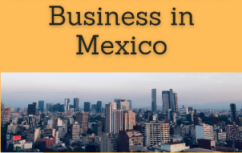
Nine subjects compose the Module “Foreign Trade and Business in Mexico” (DF, Jalisco, Nuevo Leon, Chihuahua...) taught by EENI Global Business School:
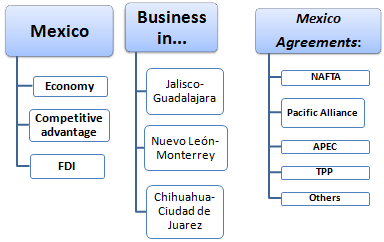
- Latin American Economic Area
- Mexican Economy
- Mexican Foreign Trade
- Business in Jalisco
- Business in Nuevo Leon
- Business in Chihuahua
- Business in Mexico DF
- Mexican Trade Agreements
- Economic Organizations

- Credits: 15

- Duration: 4 months It is recommended to dedicate about twelve hours of study per week following a flexible schedule. It is possible to reduce the duration dedicating more hours a week
- Download the syllabus (PDF)
Languages: 
This Module belongs to the following Higher Education Programs taught by EENI:
Master: International Business.
Doctorate: American Business, World Trade.

Global Trade and Business in Mexico.
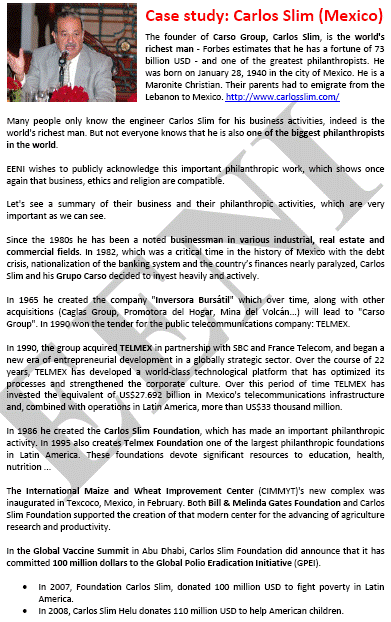
The main objective of the Module is to offer a global vision of the Mexican Market and the business opportunities in Mexico in order:
- To know the strengths of the Mexican Economy
- To learn to do business in Mexico (Jalisco, Nuevo Leon, Chihuahua)
- To know the trade opportunities in Mexico
- To understand how to negotiate in Mexico
- To analyze the Foreign Trade (Import-Export) and the foreign direct investment flows
- To examine the profile of the Mexican Companies
- To understand the importance of the U.S.MCA/NAFTA 2.0 (United States-Mexico-Canada Agreement) and other Mexican trade agreements
- To develop a business plan for the Mexican Market
Module intended for all those wanting to specialize in the Mexican Market.
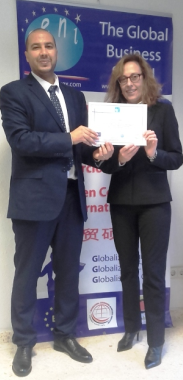
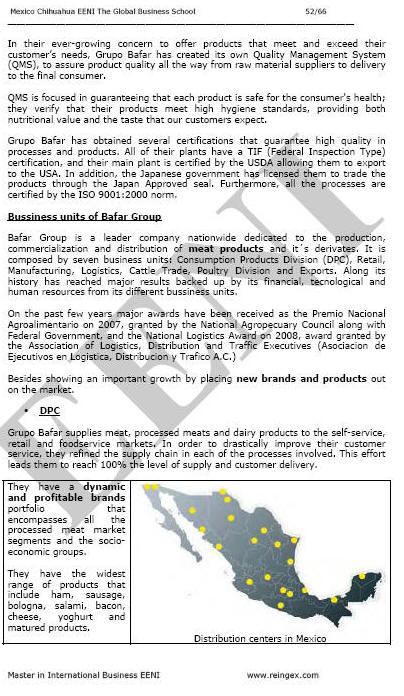
With a population of 122 million people, Mexico is the ninth largest economy in the World and the seventh largest global exporter
- Mexico as a member of the Latin American Economic Area of the Western Civilization (PDF)
- Introduction to Mexico
- Introduction to the main religions in Mexico: Christianity (Catholicism: 99 million) and Protestants
- Key sectors of the Mexican Economy
- Carlos Slim (world's richest men)
- Competitive Advantages of Mexico
- Mexican Foreign Trade
- Foreign Direct Investment (FDI) in Mexico
- Business in Jalisco - Guadalajara
- Business in Nuevo Leon - Monterrey
- Business in Chihuahua
- Business in Mexico DF
- Mexican Agreements
- APEC
- Mexican Multilateral Agreements: USMCA, Trans-Pacific Partnership, Northern Triangle (El Salvador, Guatemala, and Honduras), Andean Community (associate member), EU, EFTA, the MERCOSUR, Mexico-Central America, Global System of Trade Preferences
- Mexican Bilateral Agreements: Argentina, Brazil, Costa Rica, Cuba, Nicaragua, Colombia, Uruguay, Chile, Japan, Peru, Panama, Paraguay, Bolivia, Ecuador, and Israel
- Regional Economic Organizations
- Latin American and Caribbean Economic System
- Pacific Alliance
- Latin American Integration Association (ALADI)
- Association of Caribbean States
- Mesoamerica Project
- Trade Negotiations Among Developing Countries
- CARICOM (Observer State)
- SICA (observer country)
- Union of South American Nations (UNASUR) (observer country)
- Access to the Mexican Market
- Business Plan for Mexico
The Module includes the Market Access Tool
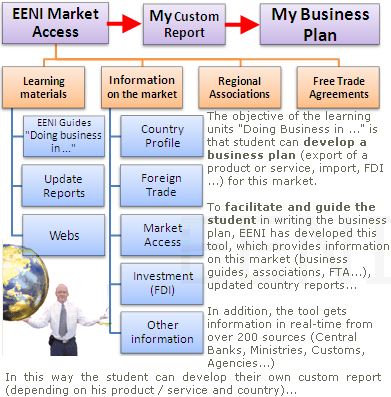

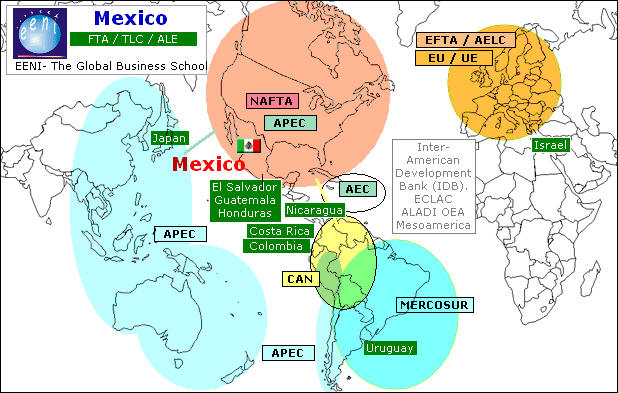
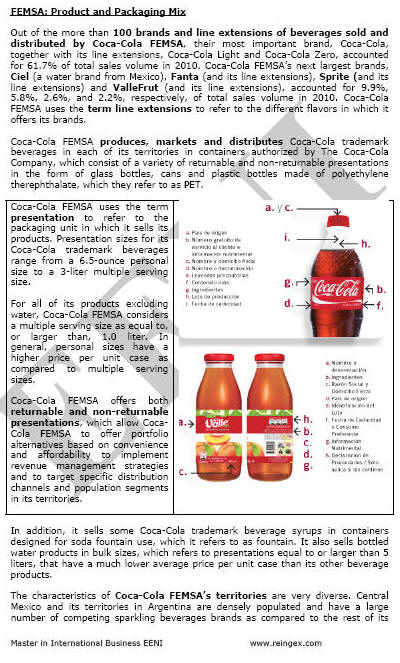

- WTO
- WCO
- International Road Transport Union (IRU)
- Hamburg Rules (Sea)
- International Chamber of Shipping
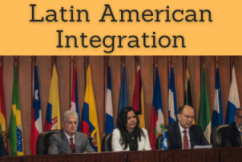
- ECLAC
- Inter-American Development Bank
- Organization of American States (OAS)
- CELAC
- East Asia-Latin America Cooperation
- Central American Integration System (Associated state)

- OECD
- PEEC
- UN
- UNCTAD
- ITC
- UNCITRAL
- WIPO
- WB
- WTO
- IMF
Area of Knowledge: America - Doing Business.
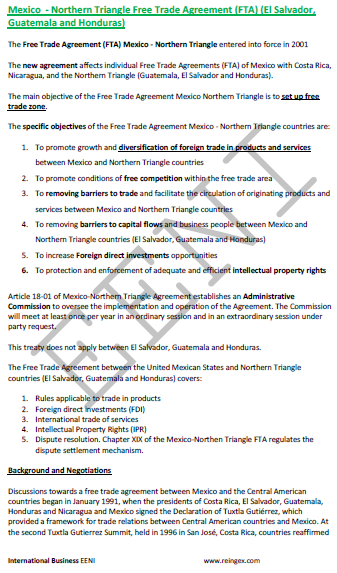
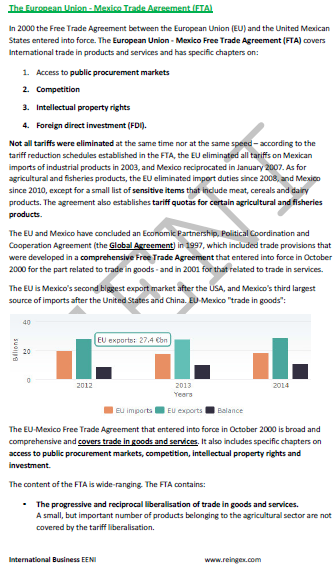
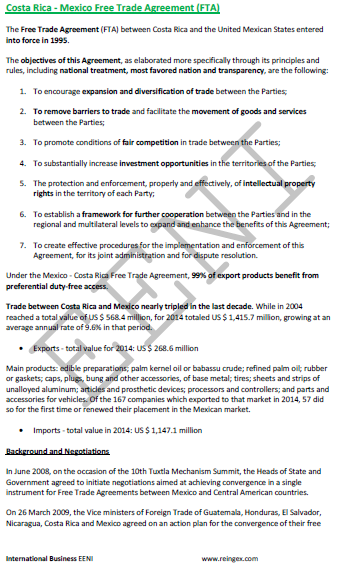
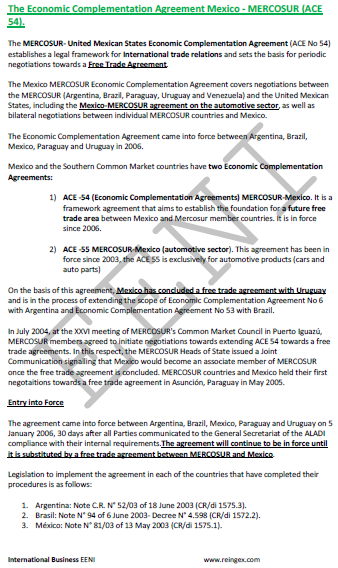
(c) EENI Global Business School (1995-2024)
We do not use cookies
Top of this page





